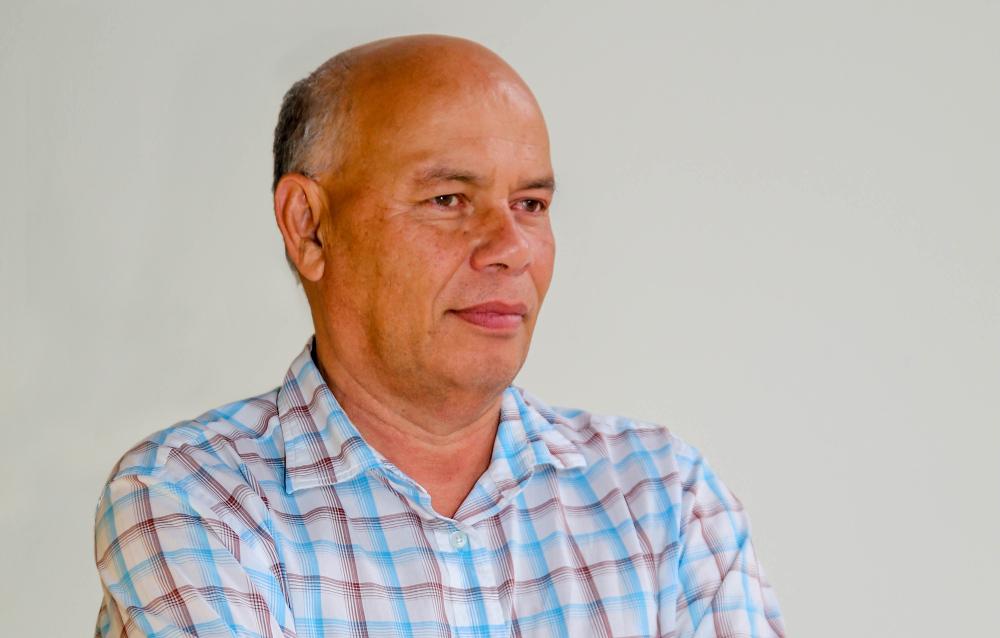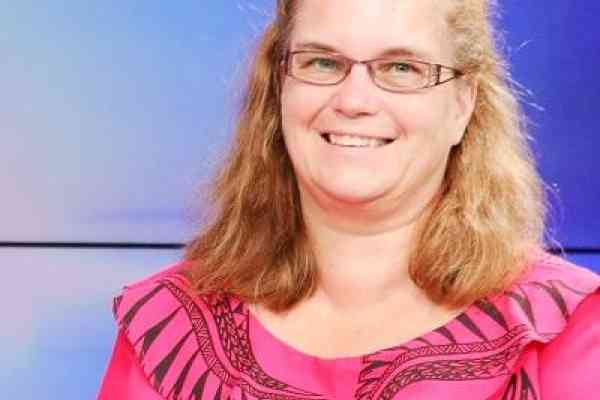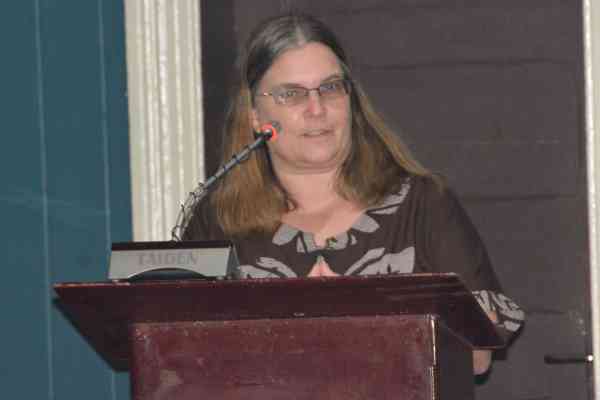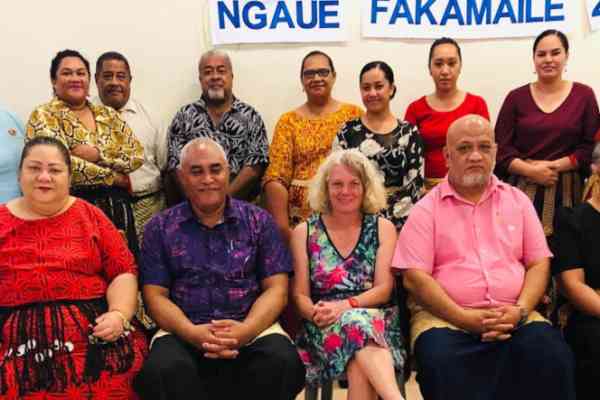Salutations
‘E Ho’o ‘Afio, Kingi Tupou Ono, fakafeta’i e afeitaulalo ‘a e ‘Afiona ‘o ha’elea ‘a e fakataha’anga ni
Your Majesty, King Tupou VI
President of Kiribati, His Excellency Taneti Maamau, President of Kiribati - the Heads of Government of Pacific Island Countries
Ms Helen Clark, Administrator of the United Nations Development Programme and Former Prime Minister of New Zealand
Rev Dr Ahio, President of the Free Wesleyan Church of Tonga and Royal Chaplain
Honourable Ministers of Health and Heads of Delegations of Pacific Island Countries
Hon Chairman and Hon Members of the Parliament of Tonga
High Commissioners, Ambassadors and members of the Diplomatic Corps
Representatives of Development Partners, Implementing agencies and academia
Ladies and Gentlemen
Introduction
It is indeed an honour for me to make a few remarks on behalf of the Pacific Community (SPC) during this important Summit to highlight Non Communicable Diseases with the theme Translating global and regional commitments to local action.
Your Majesty, I would like to express my personal gratitude for agreeing to be the guest of honour at this Opening Ceremony for the Summit.
Ms Helen Clark, we are most grateful that despite your very busy schedule, that you have been able to make time to come back to your region, the Pacific.
SPC is proud to co-host this inaugural high level Pacific NCD Summit with the government of Tonga and other partners and to discuss how we can collectively strengthen the efforts to address NCDs, a group of diseases that is robbing many Pacific islanders of their livelihood and ultimately their lives and often prematurely.
You are all well-aware that the Pacific is often referred as the NCD capital of the world and that we are facing an NCD crisis. We have among the highest prevalence of NCDs and NCD risk factors in the world and feature prominently on a number of ‘Top 10’ lists that we would rather not be on. At the end of the day, regardless of what challenges we may be facing as Pacific islanders, the fact is between six and eight of every 10 deaths in the Pacific is from NCDs
The effects of NCDs on the individual, on families, on communities and on Pacific countries are well documented. It is not my intention nor is it the intention for the Summit to focus on the burden of NCDs in the Pacific. Rather we are here to focus on what more do we need to do to better address NCDs.
Individual vs Environment
NCDs are often said to be all about individual choices and people making unhealthy and bad choices and therefore in order to address NCDs and its ill-effects, we should focus on the individual and often lay the blame squarely on the individual for making the bad choices.
While it is true that there is certainly a significant component of individual poor choices that subsequently increase the likelihood of developing and worsening NCDs, it is also critical to recognise that the environment also plays just as important a role.
Failure to recognise this will result in many missed opportunities to address environment related issues. I would even venture to say that failure to recognise this will make addressing NCDs near impossible. Recognising the significant contribution the environment makes to the development and worsening of NCDs presents a great opportunity to governments to take the lead in making enabling environments for the people to make healthier choices.
Pacific NCD Roadmap
The inaugural Joint Forum Economic and Pacific Health Ministers Meetings recognised this important opportunity when they approved the Pacific NCD Roadmap with the intention to increase multi-sectoral collaboration to better address NCDs with a focus on using fiscal measures such as taxation to create a more enabling environment.
Many of the Pacific Islands have taken the lead in implementing some of the recommendations of the Roadmap. Despite the positive progress to date, it has been noted that while considerable actions undertaken regionally related to the Pacific NCDs Roadmap have been carried out, it is recognised that further actions are needed, given the extent and scale of the NCD crisis. This includes an acceleration of actions to tackle tobacco use, utilisation of taxes to support behaviour change and support for effective interventions.
Monitoring, Evaluation, Learning and Accountability is an area that needs to be strengthened. Building on the direction from the Pacific Health Ministers for the development of a Monitoring Framework for the Healthy Islands Vision, there has also been work through the Pacific Monitoring Alliance for NCD Action (MANA) to better monitor progress and guide actions. From this meeting one of the discussions around the Roadmap will be around establishing timelines at the national level, agreed to regionally, for implementation of the key recommendations of the Roadmap, including targets for achievement of each of the Roadmap components.
This will encourage and foster accountability to each other on the commitments we make and will assist in positively driving action.
Concluding Remarks
A common and popular hymn sung by Christians around the world is ‘It is well with my soul’ by Horatio Spafford.
Unfortunately if we were to pen a song for the state of health and in particular for NCDs in the Pacific, it would likely be titled ‘It is NOT so well with our health’.
Continuing the same way of practice is not an option.
From SPC’s perspective, we are committed to working together with countries, development partners, other implementing agencies, academia and CSOs to foster a truly multi-sectoral collaboration in order to address NCDs better.
We owe it to the future of the Pacific to do the best we can to address NCDs. Only by working together will we have a chance. The evidence is there that it can be done. It will by no means be easy but taking up the challenge is up to us and take it we must.
I look forward to a very positive Summit and SPC looks forward to continuing to do its part as we take this journey to address NCDs together.
I wish you all the best for the next three days.
Malo ‘aupito, thank you very much and merci beaucoup



